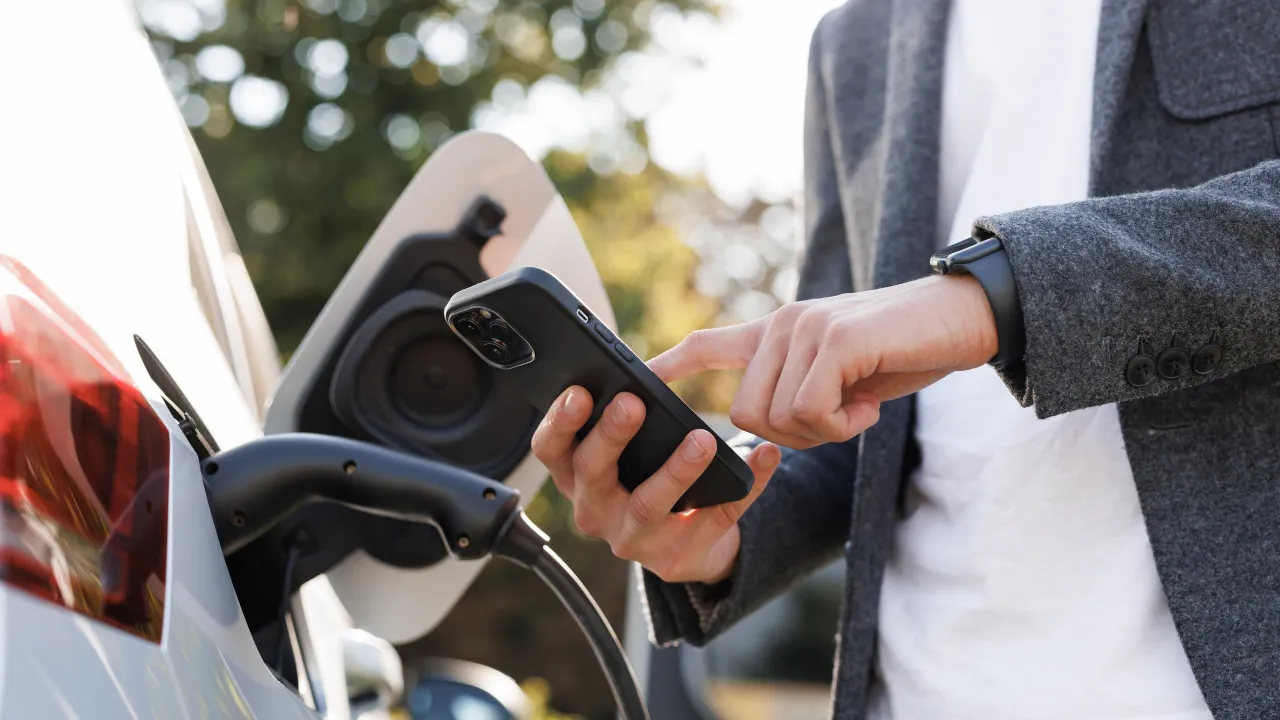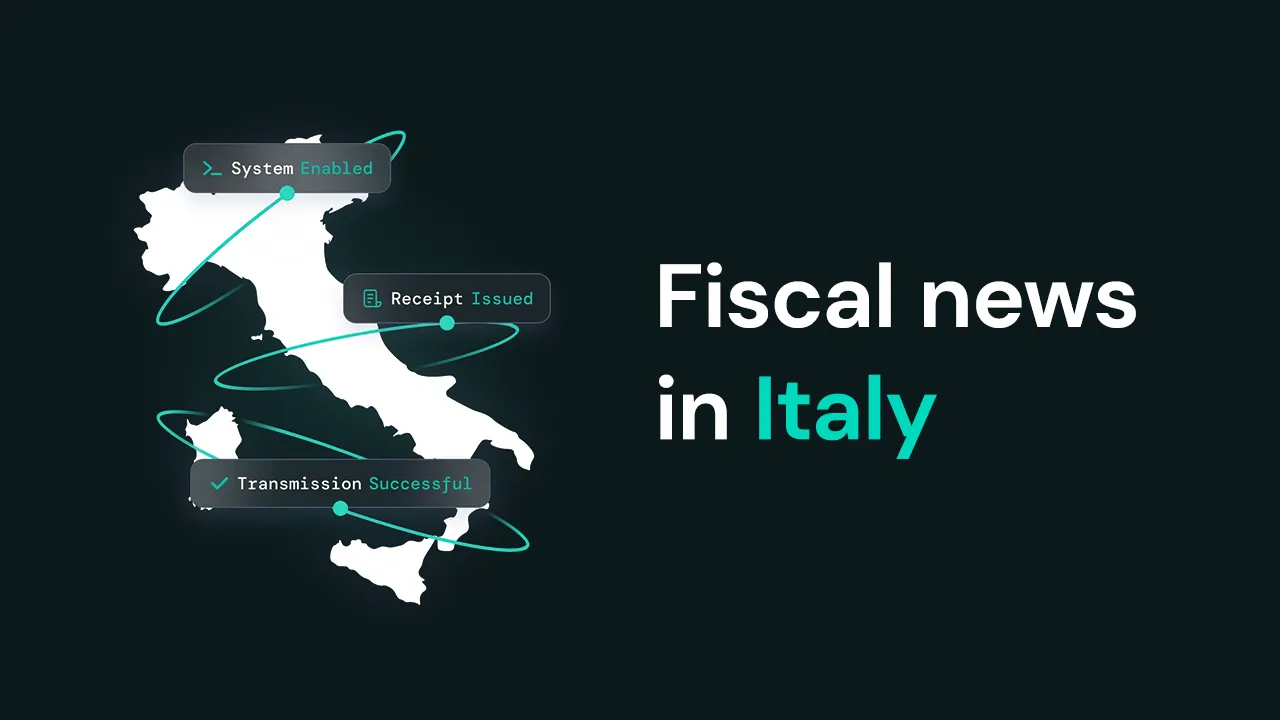
2025: A Turning Point for EV Charging Station Operators in Italy
The year 2025 marks a critical milestone for electric vehicle (EV) charging station operators in Italy. With the entry into force of Legislative Decree No. 1 (Art. 24) and the subsequent Provision No. 111204 of March 7, 2025, issued by the Italian Revenue Agency (Agenzia delle Entrate), new procedures have been introduced for the electronic recording and telematic transmission of daily transaction data (corrispettivi). These measures aim to simplify tax obligations and enhance the traceability of financial transactions.
Transaction Reporting Obligations Extended to Charging Stations
Legislative Decree No. 1 of January 8, 2024, extends the obligation of electronic recording and telematic transmission of transaction data to publicly accessible EV charging stations, treating them similarly to vending machines. The subsequent Provision from the Italian Revenue Agency outlines the technical specifications required for the implementation of this obligation.
One of the major innovations is the possibility for operators to use certified software solutions as an alternative to traditional fiscal cash registers. These solutions must ensure:
- Data security and integrity
- Integration with electronic payment systems
- Telematic transmission of transaction data to the Revenue Agency
Regulatory Framework for Transaction Reporting
The legal framework concerning the transaction data of EV charging stations was further clarified and strengthened by the Corrective Legislative Decree of June 4, 2025. This decree reaffirmed the obligation for daily transaction recording and transmission, introducing specific provisions for charging stations that do not require user identification.
Specifically, Article 2 of Legislative Decree No. 127 of August 5, 2015, was amended to include Paragraph 1-ter, which establishes:
- The obligation to record and transmit daily transaction data even for charging points that do not identify the user;
- The definition of technical procedures for certifying charging operations, to be issued by the Director of the Revenue Agency within 180 days of the decree’s effective date;
- The extension of penalties under Articles 6(2-bis) and 11(2-quinquies) of Legislative Decree No. 471 of December 18, 1997, to violations related to missing, delayed, incomplete, or inaccurate data recording or transmission.
The Role of the Italian Revenue Agency
The Revenue Agency plays a key role in monitoring and verifying the accuracy and timeliness of transaction data from EV charging stations. Through telematic audits, the Agency ensures compliance with tax obligations by station operators, thereby promoting a reliable and transparent transaction environment.
Additionally, the Agency provides detailed guidance and instructions to help operators apply fiscal regulations effectively and avoid penalties. These materials are essential for ensuring lawful and consistent operation.
Electronic Recording and Telematic Transmission
Legislative Decree No. 1 of January 8, 2024, mandates that transaction data must be recorded and transmitted in a way that ensures the data’s immutability. This is a crucial step toward greater transparency and traceability in EV charging operations.
Electronic recording of transactions is mandatory for all payments processed through charging stations, enabling precise and automated tracking. When opting for software-based solutions, operators must ensure they meet data security standards and integrate with electronic payment systems—thus simplifying administrative processes.
Real-time transaction reporting is essential to maintain fiscal compliance and reduce the risk of tax evasion. Charging station providers must issue digital receipts either in real time or on a daily basis, depending on the applicable regulation. Timely transmission of data is key to keeping accurate and up-to-date records.
Notably, issuing digital receipts can now occur without the need for a physical cash register, streamlining the process for operators. In a rapidly digitizing economy, the ability to manage transactions in real time becomes a competitive advantage. These regulations promote a more transparent and efficient business environment, benefiting both energy providers and consumers.
Cloud-Based Fiscalization and the Sustainability of EV Charging Networks
In summary, enabling transaction data transmission via certified software solutions is pivotal to the growth of electric mobility. It affects both service providers and energy users. The current regulatory framework—strengthened by the Corrective Legislative Decree of June 4, 2025, and aligned with EU requirements—establishes a clear and transparent standard for managing and transmitting fiscal data.
Charging point operators and infrastructure providers are now required to meet high standards of data security and regulatory transparency, ensuring access to and sustainability of EV infrastructure.
Well-regulated charging networks are essential to support the shift toward sustainable mobility and contribute to a greener future. A seamless, efficient charging infrastructure requires the collaboration of all stakeholders. Only through innovation and cooperation can we achieve sustainability goals and improve quality of life for future generations.
fiskaly: Your Digital Partner for EV Charging Fiscalization
fiskaly positions itself as a strategic partner for EV charging providers. Its SIGN IT solution offers a cloud-based platform for the automatic and compliant transmission of transaction data, eliminating the need for physical fiscal cash registers. This approach allows operators to streamline processes, reduce administrative costs, and ensure compliance with applicable regulations.
Furthermore, fiskaly has initiated the necessary steps to certify its software solutions in Italy, ensuring its APIs fully comply with the technical specifications established by the Revenue Agency. This strong focus on regulatory compliance, combined with extensive experience in other European markets, makes fiskaly a reliable partner for addressing fiscalization challenges in the EV charging sector.



